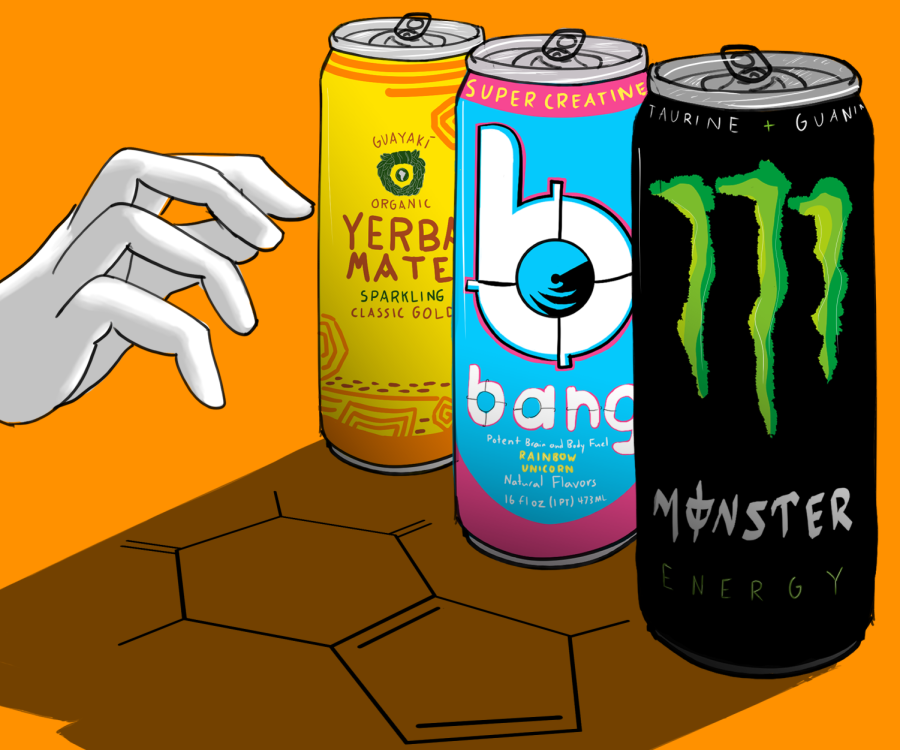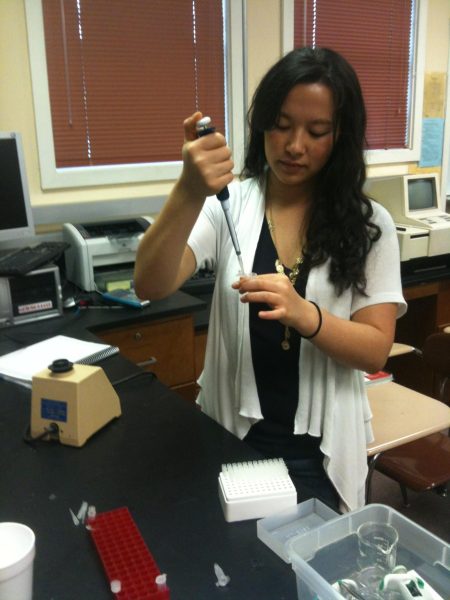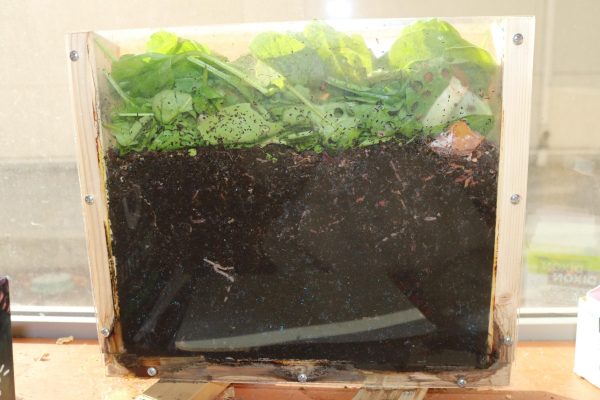Caffeine consumes Cal students
Many teens use the stimulent to stay awake despite potential adverse side effects of taking it
A student reaches for their daily caffeinated drink to provide a needed energy burst to make it through the day.
It’s common to see a teenager with a Monster Energy drink, or a group of middle schoolers huddled outside a Starbucks.
Consuming caffeine or seeing others drink it is something students are accustomed to. Taking a step back, however, it becomes noticeable how dependent students can become to these caffeinated drinks.
Anonymous Cal sophomore said she drinks energy drinks and coffee four days a week.
“I would fall asleep in A period if I didn’t,” the sophomore said.
Many students do this without knowing the effects of caffeine on their bodies.
According to Healthline, caffeine can contribute to nervousness, anxiety, jitters, gastrointestinal issues, decreased heart rates, and, in extreme cases, death. This is because caffeine is a drug that is a central nervous system stimulant.
It stimulates a person’s “fight or flight” response that can worsen anxiety and in extreme cases, trigger a panic attack.
Aside from these symptoms, caffeine can have effects that many students find desirable. According to MedlinePlus, a service provided by the National Library of Medicine, caffeine can make people feel more awake and energetic.
But anxiety affects nearly 32 percent of teens, according to the National Institute of Mental Health. Considering this and caffeine’s possible negative side effects, caffeine could be doing more harm than good.
“It’s fun but it’s not necessary,” junior Jake Waters said.
Something that also may be unknown is that decaffeinated tea and coffee actually have a small amount of caffeine in it. There is about 2 milligrams of caffeine in decaffeinated tea and coffee compared to 95 in regular cup of coffee or 26 in tea.
The American Academy of Pediatrics recommends an intake of up to 100 mg of caffeine a day for adolescents aged 12-18. The standard Monster Energy drink contains 86 mg and the standard 8.4 ounce can of Red Bull contains 80 mg.
While these do come just under the daily recommended amount of caffeine, other foods commonly eaten throughout the day also contain caffeine. Chocolate, some chewing gum and cola all contain caffeine.
Another product that often contains caffeine is preworkout supplements, a product meant to increase energy and focus during a workout. Junior Will Sydorak is one of many Cal students that uses this supplement.
“Sometimes it makes you itchy, and it tingles,” Sydorak says. “It makes my lips and ears itchy.”
The Cleveland Clinic says that preworkout can have a range of 150 to 300 mg of caffeine per scoop, but Sydorak and Waters both said they take more than that.
“There’s a certain point where the amount doesn’t work anymore,” Waters said.
Although consuming caffeine is generally considered safe, it’s known to be habit-forming. In addition to worsening anxiety, excess intake can cause headaches, migraine, and high blood pressure, the Mayo Clinic reports.
Coffee specifically may contribute to heartburn according to the Mayo Clinic, but this effect is disputed by various studies, including a 2014 study by the Korean Meta-Analysis Study Group. Students seem to believe the heartburn effect, whether it is a placebo or not.
“One negative is my stomach hurts [after consuming coffee],” said freshman Meghna Sahu.
According to a 2021 study conducted by obstetrician Katherine Grantz at the National Institute of Health, moderate caffeine consumption by expecting mothers can cause increased risk to the fetus in the womb.

Senior Allison Cavanagh is returning for her second year newspaper as a Social Media Team member. She’s loved writing ever since she was little and would...

Senior Ari Harvey has returned for their third year with The Californian, this time serving as the paper’s Graphics Editor. Besides drawing all manner...





